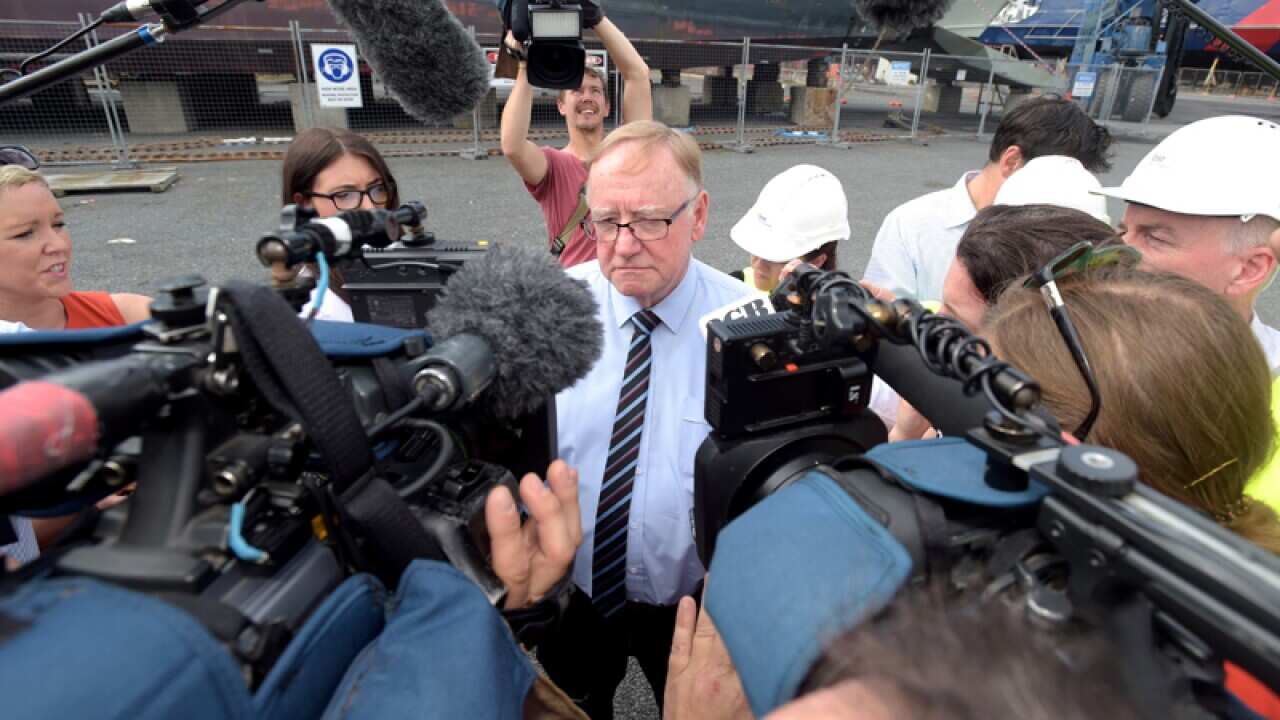Elections around the world have produced nail-bitingly close results throughout 2016.
On December 11, Macedonia’s general election was so close both major parties initially claimed victory.
In the end the two parties were separated by only 1.5 per cent – just two parliamentary seats.
The results in Iceland’s October 29 general election were so split that no party was able to form a majority government.
Related reading

Liberals soul-searching election result
The former ruling coalition of the Independent Party and the Progressive Party fell three seats short of a majority, while a left-leaning coalition of the Pirate Party, the Left Green Movement and the Social Democratic Alliance were five seats short.
It led to extended negotiations as to who would form a coalition government that continued into December.
This year has also seen close election results in Austria, Zambia, Ghana, Peru and Gabon where the results were also within a few percentage points of each other.
Why have so many elections been so close?
Queensland University of Technology political science Professor Clive Bean told SBS the reasons behind the voting turmoil were complicated, but predominantly stemmed from a lack of satisfaction with major political parties that had been building up for decades.
Australia’s own federal election on July 9 took days for a definitive winner to be announced, and even then the Coalition – who ended up with 42 per cent of the vote – was left with a fractious and highly diverse senate crossbench to constantly negotiate with.
“You could describe the [electoral] outcomes in terms of long-term changes happening in politics over the last three or four decades and it really relates to mainstream voters becoming more detached from the two-party system,” he said.
“In Australia that has happened less than elsewhere but there are signs that Australia is catching up in terms of voters refusing to signal support for major parties.
“But there’s still a long way to go before we see the traditional party system breaking away.”
Professor Bean said political parties, particularly those part of a two-party system, had survived for so long because they were able to respond and adapt to changing social and political circumstances.
But they no longer had the rusted-on voter base they could once count on.
“It used to be you had 40 per cent of people would vote conservative and 40 per cent would vote Labor, so it was just a matter of how that 10 to 20 per cent fell out,” he said.
“Now it’s probably only 60 or 70 per cent [of voters] go for major parties.”
He said recent elections in Australia and around the world had shown more electoral volatility and less predictability.
Not only were less mainstream candidates and parties attracting more votes, but elections were also likely to deliver major swings to one party or another, like in the 2016 Northern Territory election, which saw voters devastate the Labor government.
What does political correctness have to do with it?
A backlash against political correctness could also be one of the factors behind the electoral instability, Professor Bean said.
“It’s possible we’ve moved beyond an age where political correctness is so highly valued, it’s almost a post-PC age – it’s a bit of a long shot but time will tell,” he said.
“Some of these characters and movements we’ve seen seem to be [creating] greater capacity for people who don’t align with politically correct norms.”
The US presidential elections and the UK Brexit referendum also returned extremely tight results following bitter and divisive campaigns.
Professor Bean said these campaigns, particularly in the US and the UK, played into existing fears within the electorate.
“A lot of it has got to do with [people’s] insecurities and not always directly in relation to cultural or racial issues,” he said.
“It’s what emerges in a modern world of terrorist attacks and economic uncertainty. It stems from not feeling stable in work and feeling comfortable that you have a job into the future.”
Professor Bean said a change in the way democratic political and electoral systems worked “might be a long-term consequence” of the electoral upheaval, but he “wasn’t holding his breath” for immediate changes.
“Even though things often move quickly in politics, they also often move very slowly. So established systems have a lot of inertia and it will take some time to work out whether it is about the current players or more about the system overall.”
Share






